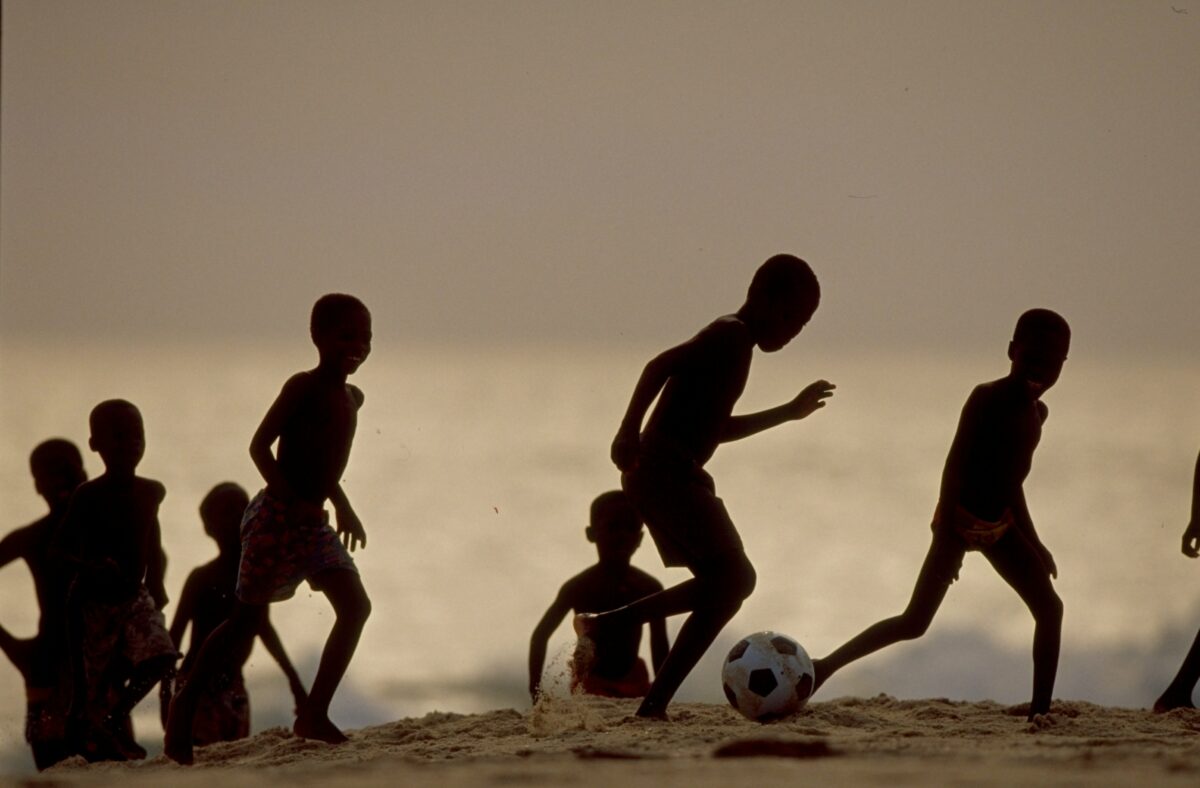I tune into philanthropy news channels such as Philanthropy Circuit, African Philanthropy Forum, and the East African Philanthropy Network to focus on actively listening, reading and engaging with conversations, and critiquing accordingly.
This year and the last, there is one topic that I especially continue to analyse: direct, flexible and multi-year funding to African community service organisations (CSOs).
A disclaimer: I am not optimistic that this article will change a damn thing; but still, my protest via critiques will have been documented (again). Another disclaimer: I have not managed an African CSO, been a Mo Ibrahim Leadership Fellow, graduated from Harvard University or participated in the World Economic Forum. Some people might suggest that I am not even African.
I have worked (mostly on a volunteer basis) with several African CSOs; visited 11 out of 55 African Union member states; and, to date, I am writing from Africa as an African diasporan.
Conferences, speeches, reports and calls to action
The issue of direct, flexible and multiyear funding to African CSOs remains unresolved. In this regard, I suggest that we (people working within the humanitarian and development systems in Africa) have failed largely, regarding the seismic work remaining.
For example, the project and programmatic achievements are not massive within a continental context. Plus, in terms of securing more financial resources for projects and programmes, the conferences, speeches, reports and calls to action are not working for most African CSOs.
In fact, I contend that, before the Covid-19 pandemic, there were more African CSOs that did not have a diversification of financial resources ; and perhaps which did not have even R15 000 (or $1 000) in their organisational banking account for income-generating activities.
During the Covid-19 pandemic, most donors have not taken steps to reduce their financial control throughout Africa. Rather, most (unconsciously or consciously) perpetuate the assumption that the onus is on African CSOs to convince donors to change or act upon what these CSOs have been requesting “respectfully” for decades.
Indeed, I continue to critique accordingly because (as many actors already know) the current development of humanitarian systems in Africa are severely broken; and the restricted, short-term (donor-driven) funding is flawed because it supposes to know more than Africans themselves.
I refer to systems rather than one system, and I emphasise that a very possible notion of already-told solutions (recommendations) remains stagnated, at a default of keeping hope alive and waiting awhile.
For instance, throughout conferences, speeches, reports and calls to action, sizeable talking points start off with the problems; next, a demand for what needs to be done; thereafter, emphasising what has been achieved; and finally, stating ever hopefulness and patience, almost like a proclivity to escape reality and/or use bedside manners to say everything will be okay.
It is important to refrain from being overly critical and cynical. Arguably, refraining from plausible deniability is equally significant.
Vantage points
I remember a person who mentioned their irritation to me. They had purchased (and given) a new football to some children that they had seen playing with a scrappy plastic football. The person emphasised that they had only wanted to give the children a new football, and now, their parents were asking them to pay for the children’s school fees.
Did the parents ask you for a new football, I queried? You are irritated because the parents asked for their children’s school fees?
More questions
I query somewhat the same when conversing with donors who say that they would like to hear the “truth” or the “real deal” from African CSOs, especially within the Covid-19 context. Usually, my recycled questions are:
(1) During the Covid-19 pandemic, and as per what African CSOs state as their organisational priorities, has your grantmaking agency increased direct, flexible and multi-year funding to them? By how much, in a continued spirit of transparency?
(2) How many board members are persons who identify as African or African diasporan; how many are female; how many speak an African language; how many are living with disabilities; how many who identify as LGBTQI+ and how many are local leaders?
(3) Your grantmaking agency acknowledges that there is systemic racism globally; in terms of your current donor system (philanthropic approaches); what systemic isms have been unearthed and what have been done about them, in what year(s)?
The money is there
When I reflect on the systemic challenges, and then observe the funding provided for a 2021 Met Gala or billionaire Elon Musk defending his billions, the reasons why the systems are so problematic is like pondering why there is writing on the wall. Basically, I am not surprised that the money is there, far away.
Donors have provided much rationale as to why “Africans CSOs are not capacitated” and why donors cannot do it all — that is, provide more funding for projects and programmes in Africa — but these same donors have not provided any rationale as to why they started without African CSOs in the first place, and this is within a context of going beyond site visits, meetings /email correspondence, end-of-year parties and we shall overcome themes.
In closing, I reflect on two more questions.
What are the recurring reasons for slowed (and/or resistance to) direct, flexible and multiyear funding to African CSOs? Secondly, can such recurring reasons be rooted in prior practices to control and/or to not trust African CSOs?



